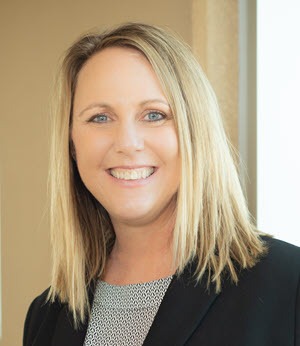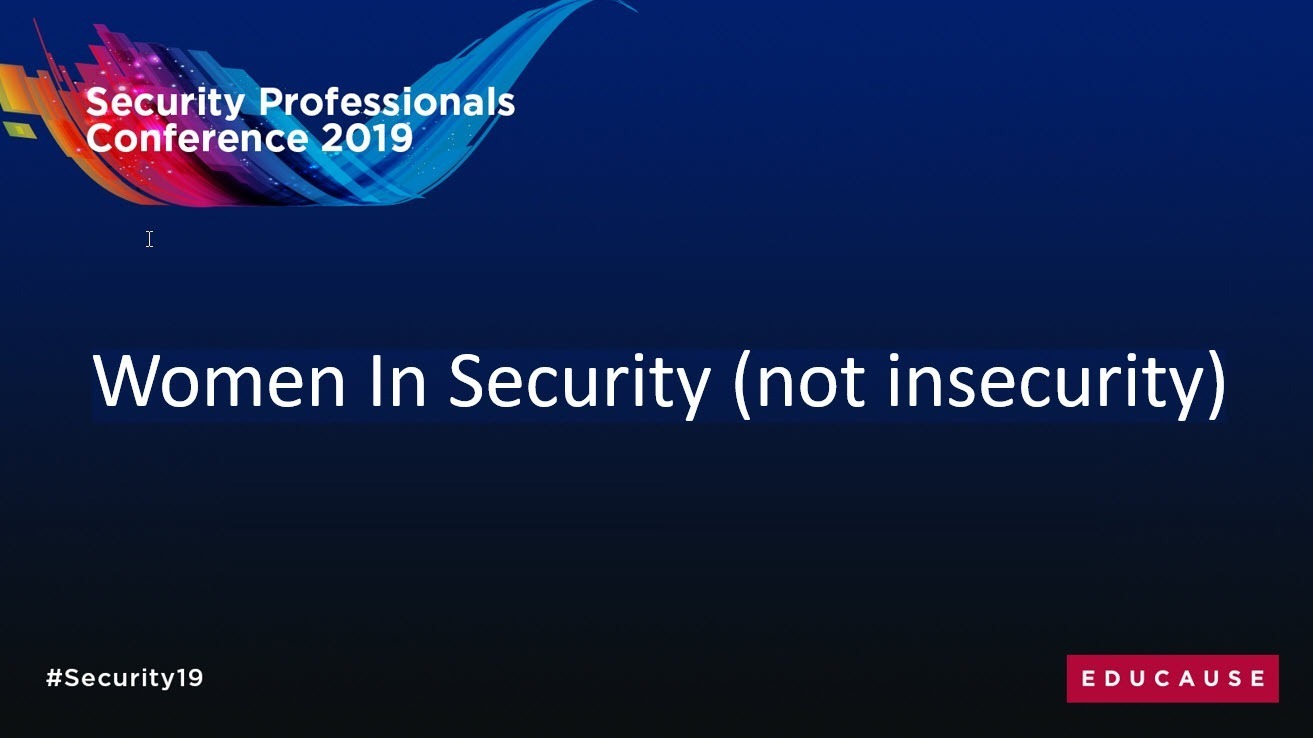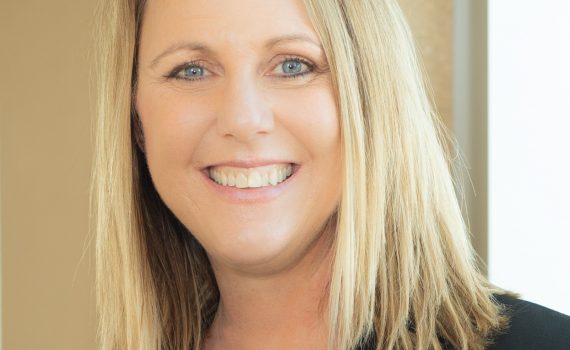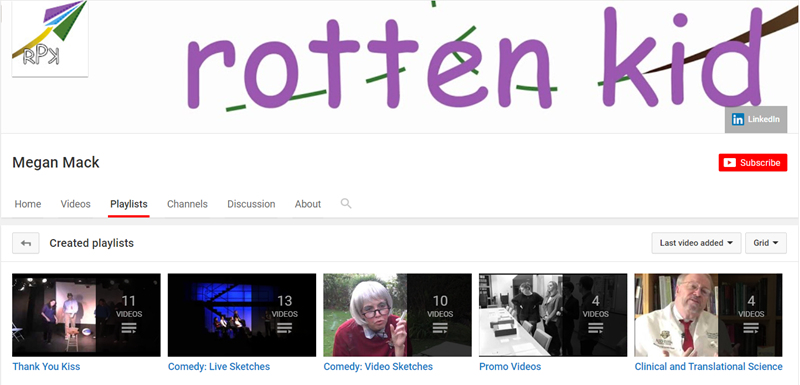
Episode 031: Eeshita Grover–Getting Out of Your Bubble
Category:introversion,Introverted Leadership,introverts,Podcast,STC,techcommPodcast: Play in new window | Download
Subscribe: Spotify | Amazon Music | iHeartRadio | Podchaser | TuneIn | Deezer | RSS
Episode 031 Show Notes: Eeshita Grover
Introduction
Eeshita Grover and Ben Woelk discuss the need to get out of your bubble to achieve your aspirations, the best placement of techcomm teams, and working in an open office setting.

Key concepts
- Open workspace environments can be challenging for introverts
- Technical writers and engineers work similarly, often preferring to focus on their work rather than interacting with others.
- People in very public spaces have a surprising perception that their calls and other interactions are still private.
- Working with marketing provides technical writers the opportunity to better understand how customers use products.
- Mindset shift takes time.
- Three keys to helping an introvert become more comfortable networking: 1. Knowing your subject matter really well. 2. Having people express confidence in you 3. it takes time.
Quotable
Achievement doesn’t happen overnight. At the end of the day, you have to want it. It became very clear to me quite early on that I’d have to get past my own bubble if you will. Get out of it and learn to be more forthcoming and talkative.
Three keys to helping an introvert become more comfortable networking: 1. Knowing your subject matter really well. 2. Having people express confidence in you 3. Realize it takes time.
Resources or Products Mentioned in this Episode
- Society for Technical Communication
- NPR.org, Googling Strangers: One Professor’s Lesson On Privacy In Public Spaces, March 2019
- Alan Cooper, The Inmates are Running the Asylum: Why High Tech Products Drive Us Crazy, Pearson, 2004.
- Lavacon Conference
- Halt and Catch Fire
Links
- Follow Hope for the Introvert on Twitter
- Like my page on Facebook
- Support me on Patreon
- Get swag for Hope for the Introvert and Introverted Leadership at Zazzle
Transcript
Ben: Joining us today is Eeshita Grover. Eeshita is a director of marketing at Cisco and contributed to the STC Intercom May/June, 2018 article, “The Introvert in the Workplace: Becoming an Influencer and Leader.” You can contact Eeshita at eeshita@icloud.Com or on Linkedin, Eeshita Grover. I encourage our listeners to visit Hope for the Introvert.com where you’ll find complete show notes including a transcript of today’s conversation.
Ben: Hi. Welcome to the Hope for the Introvert podcast. I’m looking forward to our conversation. Can you tell us a little bit about your role at Cisco and what your workplace is like?
Eeshita: Sure. I’ve been at Cisco for 14 years and always been in the technical communications function. The key aspect of my job has been producing user-facing content for the data center products at Cisco. And it’s been a really fun ride. Lots of learning over the past 14 years. I can say with 100% confidence that there’s never been a dull moment. I get an opportunity to interface with a lot of cross-functional teams, all the way from engineering to marketing and sales and even customer support. That kind of summarizes my job role and my presence in the landscape, that I’m in good company
Ben: OK. So what’s the actual workplace like? I have no idea if it’s an open office, whether you have your own office. What it’s like working at Cisco?
Eeshita: So we do have an open space or open environment as they call it. There are no cubes. There are no offices. Even our vice presidents and senior vice presidents sit in the open workspace environment, which is challenging. I’ve been in this environment for almost two years and it still feels difficult because you’re out in the open all the time and you really don’t have much space to sort of be yourself or be in your zone as I call it. And in my current setup, I sit with my team of writers and on the other side of the floor we have a large group of engineers. And surprisingly, I noticed that there’s a lot of similarity in the ways engineers and technical writers work. There is that sense of “I want to just focus on what I’m doing,” and often people are focused on their monitors and watching what they’re doing. Now interestingly, on the opposite side of the floor, there is a marketing team and we are in the middle of engineering and marketing. That’s kind of how we are situated. And There’s quite a bit of chatter. There’s quite a bit of talk. A lot of phone conversations with customers, potential sales channels, etc. That’s how we are physically situated here in my current setup.
Ben: So are there issues with noise level and things like that?
Eeshita: Yes, it takes a lot of adjustment. Mostly everyone has their headphones on and they’re trying to just focus on on what they’re doing. There is that, even though some people are particular enough that when they have a private conversation, they will take it out. They go into a private room, but many times people are not conscious of it and they start their conversation with their spouse or their child while everyone else can listen. And that certainly causes a certain amount of hindrance for the rest of us.
Ben: Yeah, it’s interesting. I don’t remember the name of the article, but I’d read an article about a study where there was a class and part of what they were doing was kind of seeing what the perceptions were of private space and public space and how surprised the people doing–the students doing the research work–about how people don’t seem–almost assume privacy. They’re in conversations. And if you go sit in an airport or a large room, you can hear people talking about pretty much anything, sharing credit card numbers, sharing personal information. It’s really surprising in a lot of ways. But I don’t know. It’s very strange. I don’t know whether the fact that we have headphones on and knowing that we’re the only person that can hear the other person, whether I–I’m not sure where the thinking is on that.
Eeshita: It’s actually in line with the question you asked me about how we are situated. My team of technical writers actually reports into marketing in the business unit that I work for at Cisco. And traditionally or more often than not, we’ve seen technical writing teams reporting into engineering or engineering operations. But this setup is kind of unique, and I personally think from a functional perspective, it serves us far better because the content we produce is–we are in closer proximity with the people who actually read our content and use it. But from a personality perspective, I think writers on the team still have a bit of a hard time trying to figure out how to even how to level set or how to strike a conversation or even try to understand marketing perspectives. It’s not a question of alignment. It’s more a question of how you approach your jobs.
Ben: So what do you see as the main difference there?
Eeshita: Traditionally technical writers have been very inward focused. The goal being, okay, here’s your piece. You go write it and once you’ve written it, one of your SMEs is going to review it. And that’s the last time you update the content and then you really don’t get an opportunity to talk to someone who’s actually using the content. But when we are–now that I am part of a marketing organization, we get consistency. You get constant feedback from our customers who are reading our content and voicing their opinion and voicing their concerns about what is it that they need from us. But this is again, something that writers are just not familiar with it. It catches them off guard. There is that general tendency of how come this is happening. There’s that question mark that, oh my gosh, why did this come to me now? And I have realized that it’s not a result of the fact that they don’t want to improve. I think it’s just the fact that it’s a different environment. It’s new. It’s a different way of doing things and that is where the mindset shift comes in and mindset shift takes time. It does not happen overnight. Right?
Ben: Now, was this the same alignment before you went to the open floor plan type workspace?
Eeshita: Yes it was. This alignment happened about four years ago.
Ben: Okay. I’m trying to think because I kind of wear both hats because I always have a communication role. I’m translating my technical content to a non-technical audience or at least one that’s not so versed in the jargon. So for me, I’m used to that but I haven’t done software documentation or hardware documentation type work in a really, really long time. Almost everything has been what is this going to mean for the end user? So that part makes a lot of sense to me, but it’s such a different skillset. I think, or it can be a different skillset between being used to working with engineers as subject matter experts compared to working with marketing people. And part of what you’re referencing is the marketing people from what you’re saying seemed to be more outgoing than either the engineers or the technical communication group.
Eeshita: Definitely. And the sheer fact that marketing brings a more customer-oriented perspective is also new. It’s different. It’s a different way of thinking for technical writers who are more comfortable in the traditional way of doing things. When you think about it, being part of marketing suddenly puts technical writing in the forefront of the food chain. It puts in the front of the food chain versus at the very bottom. And suddenly you are the first customer-facing team who’s looking at the product in terms of how it’s designed and also how it’s going to be used. And this is truly where you are going to be expected to play the role of the user’s advocate and all those wonderful phrases that describe technical writing. Many a times I catch my writers and I will point out that we don’t need to explain to the user how a feature has been designed or how it’s been coded, what they really need to know is how to use it.
Eeshita: And then there’s that sudden realization that, “Oh, I was speaking to an engineer and the engineer just told me how they coded the feature, not really how it’s going to be used.” So that gives you another perspective and that’s where marketing comes in and says “Hey, wait a minute. You need to think about it from a user’s perspective.” So the whole concept of sometimes–and this is another point I’ve made with my writers, is that I have come to a realization that we’ve been doing our jobs wrong. Maybe, or maybe we were missing the mark because we have relied on engineers to give us feedback for our content. But the product is not really going to be used by an engineer or really the user doesn’t really care about how the product was designed. What they need to know is how do I use the product?
Ben: Right. So what might have been very handy if it was a software thing such as a system administrators guide, where they may need to know a lot more detail. Because the audiences, again, which it’s supposed to be anyway, but the audience is really the key determinant in terms of what kind of content you’re going to share and how you’re going to share it. Yeah, I can well imagine the engineers going very much in depth about something they’re very passionate about. But for the person who’s going to use the product, like you said, it may just be totally irrelevant. It may not be something they’ll ever do.
Eeshita: Precisely. Yep.
Ben: Yeah, there was a really–and I’m sure you’re familiar with this book, but there was a–I think it was Alan Cooper’s book on the inmates being in charge of the asylum, and it talked about engineering driving features and products, and part of his discussion was how you kept getting all, “Well, let’s add that. We can do that. Let’s add this.” So I can have it do that without necessarily looking at the usability side of it or whether those features were something that anyone would even want to use.
Eeshita: Yep. That’s very true.
Ben: So it’s an interesting read. It’s been several years since I looked at it, but some of these things just don’t change. So, yeah. It sounds like an interesting structure that you’re in there.
Eeshita: Yes, I really do think that if you are wired to understand your users’ way of doing things and you’re interested in how they’re going to actually use the product, I couldn’t think of a better place to be in as opposed to where I am at right now. Interestingly, recently I attended a couple of sessions related to customer journey mapping of our product and it was quite an eye-opening experience because high tech companies create these products, and they start to ship them and they start to sell them. Very rarely, even today, not much importance is given to usability or let’s vet the product enough before it’s made generally available. That’s one aspect of the story.
Eeshita: The other aspect of this story is the product is really powerful. It comes with a great brand on it. It comes with a great brand name and there’s credibility associated with the product. We definitely need to invest in this. And that’s where the big decision makers come in and put a stake in the ground. And the decision is made for people who have to ramp up from ground zero to learn how to use the product. And that is where the content that my team creates comes in is, is front and center, and that’s where the value add comes in.
Ben: Right, and it’s a very competitive marketplace so you constantly have that. In some ways you have to get it to market or you may miss the opportunity completely. I recently watched a show. It’s on Netflix. It was an A&E program to start with called Halt and Catch Fire. And it had to do with the beginnings of the personal computing industry and it goes forward a decade or so after that. But the whole race to get something to market first and if someone beat you there first, whether it be a portable computer at the time when they were such rare things, or Yahoo getting their search engine embedded into Mozilla initially, it’s kind of like, “Well they got the market share because they got there first.” So I understand the tension. But I guess part of the brand name thing is that people will expect the company to stand behind it and work through whatever the issues are and make the improvements. Yeah, definitely an interesting space in which to work.
Ben: So we connected initially becausey ou were at Lavacon, and you had done a presentation about Introverts and Leadership and we connected after that. And we’ve chatted quite a bit really over the years. And so I’d like to get an idea of–now, so you’re a marketing director, you’re situated between engineering and marketing. How does that work for you? As an introvert, how do you approach your work? What do you find to be strengths? What do you find to be challenges?
Eeshita: What I default to in terms of strengths is always my knowledge around content, and obviously to some degree in my product level knowledge that I have gained over the years. My challenge still remains terms of going out there being sort of the “go getter” or someone who’s going to be absolutely comfortable starting a conversation with a complete stranger. Those are some of the things that still pose to be a bit of a challenge for me. I am thrown into those situations and I have to tell myself that I just have to do it. That’s the only way. Over the years I’ve been able to overcome my inhibitions or shyness if you will, by just constantly telling myself over and over again that I know my subject, I know this best and my job here is to really rely on my own knowledge, my own experience and make sure that the points I make, how I contribute to a discussion is really about me talking through my own expertise.
Eeshita: Not feeling that. Not thinking about the fact that I know less than XYZ or this person knows more than me. That’s always going to be the case. Someone out there is going to obviously know more than you, but there have been–it’s been a series of several incidents where a lot of self assurance has come into play. There have been instances where I have often relied on my own friends’ and my own colleagues’ confidence in me that, “Hey, you know you got this. You know how to do this.” And that has helped immensely. So it doesn’t happen overnight. It takes time. But at the end of the day, you have to want it. You have to want it. And I did. I always knew that I wanted to reach a certain point in my career. I wanted–I have had aspirations, I still have aspirations. And it became very clear to me quite early on that I’d have to get past my own bubble if you will. Get out of it and learn to be more forthcoming and talkative–engaging. Those are the things that are–that don’t come inherently to me.
Achievement doesn't happen overnight. At the end of the day, you have to want it. It became very clear to me quite early on that I'd have to get past my own bubble if you will. Get out of it and learn to be more forthcoming and… Click To Tweet
Ben: So I’m hearing three different things really that have helped you along this. One of these is knowing your subject matter really really well so that you are comfortable and you can rely on that expertise. The other thing I heard out of that was having people express confidence in you. “You’ve got that,” I think is the way you phrased it. I think that part is really really important. And the third thing you mentioned really was it takes time. For me, I’ll look back at it as a series of small successes mainly, but of course there are failures at times too. But you know, definitely a series of things I can look back on that are in some ways markers. I had a friend who referred to them as tokens in a sense that you can look back as achievements that help you realize that, yes, you actually should be in this space. So I think it’s really interesting.
Three keys to helping an introvert become more comfortable networking: 1. Knowing your subject matter really well. 2. Having people express confidence in you 3. Realize it takes time. Click To Tweet
Eeshita: Yup. What surprises me is that I always knew that there wasn’t–I never had stage fright. You put me up in front of people and I have to present. That was never an issue with me. But at the same time, if I was to go to a get together where I probably knew five out of 10 people, even that would be a challenge for me. So it was getting to those self realizations and getting to understand yourself. Like, okay, I’m perfectly comfortable if I’m put in front of a room full of strangers and I have no issue with that. But on the contrary, even I have to be in a get together, where I probably know 50% of the people, there’s that whole “I don’t know if I want to go. Oh, I’m too busy.” You know all of those excuses. [Ben laughing]
Ben: Sounds like me quite a bit as well. Typically I don’t want to go, but that doesn’t mean there’s always an option around it.
Eeshita: Exactly. And that’s kind of where I picked up. I’m okay, as long as I’m talking about things that I know of and I have fairly decent knowledge and experience. I can make conversation. I can talk about those things. And so you get to that point where like “Let’s play it by ear and see how it goes. It might not be that bad,” and slowly but surely you start getting comfortable in those settings as well. And like I said, it takes time. And if I was to tell you how many years it took me, I would say it took me about seven-eight years to sort of be who I am today from what I used to be.
Ben: Well. Awesome.
Extras
Why Introverts Make Successful Leaders, Lavacon 2017














